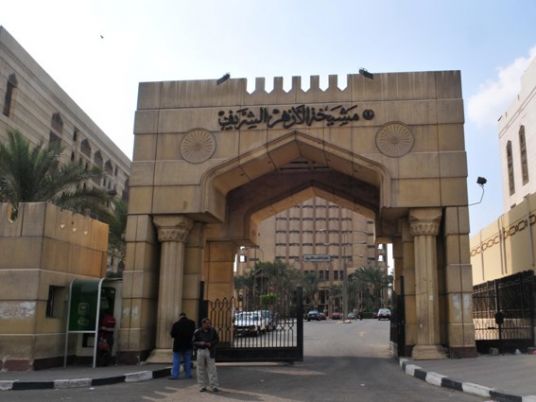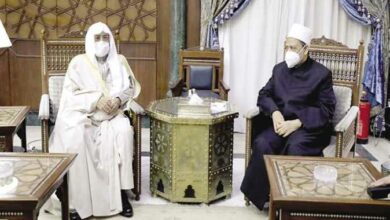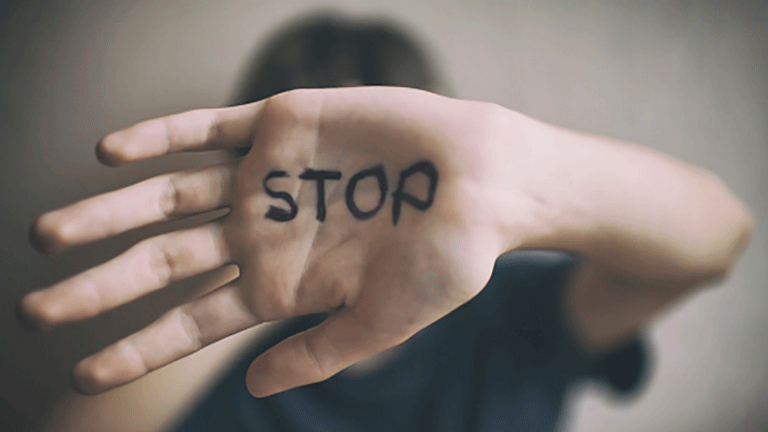I decided to deactivate my practice of Islam as a religion because the “cognitive dissonance” between some of its details and what I think is rational, just and logical has reached a limit that is beyond my comprehension.
I have resolved to reduce the status of Islam to a “cultural reference” that sets the tone for my morals, until I find another reference, or adopt it again as a religion.
The Arab Spring has shaken our confidence in what we were like before revolutions. It has become clear that the assumptions upon which we built our lives were not all sound, the institutions that led us were not all efficient or honest, and the people we thought highly of were not all worthy of that praise.
Hence, the current generation carries the burden of re-inspecting everything that has now come under doubt until God shows us the truth.
In the context of the current volatile situation, I was tormented by three incidents in particular that involved doctrinal controversy.
First, the violent protests against the film that insulted Prophet Mohamed. These protests highlighted that the penalty for insulting the Prophet in Sharia is execution.
This penalty seemed to me incompatible with the “tolerance,” “compassion” and “freedom” we attribute to Islam. In fact, it made Western legal codes, which allow for “freedom of expression,” seem more sensible, tolerant and fair.
Then I heard the Friday prayer preacher telling the story of a blind man who had a female slave who nursed him. The man married the woman and they had two children. But, one day, he stabbed her in the stomach when he heard her saying something about the Prophet of which he disapproved, though she was pregnant with their third child.
And when he admitted to the Prophet why he killed her, the Prophet said: “Be witnesses that killing this woman has become lawful.”
This story is taken from Ibn Dawoud’s teachings and was told by Ibn Abbas.
According to the standards of the Hadith tellers, it is believed to be correct, despite the fact that it is weird, savage and contradictory to what we think of Islam. I do not think the Prophet of Mercy would have approved of such a thing.
Second, in a TV interview, the host, Wael al-Ibrashy, asked Yasser Borhamy, the deputy leader of the Salafi Dawah movement in Alexandria, about his opinion of the marriage of a girl. Borhamy’s answer was that he cannot forbid what God and his Messenger have allowed, and that underage marriage is permissible if the girl tolerates it.
He cited a section of the fourth verse of Surat al-Talaq (Divorce), saying “those who have not menstruated” must wait three months before they marry again, meaning that like adults a girl must also wait three months before marrying again.
I was dismayed that the Quran should have a text like this. And, if the preachers insist that the Quran is not a historically conditioned text that can be a source of inspiration and a base for measurement (qiyas), without being literally applied, I cannot help but wonder if God had really permitted sexual abuse of children in his last message to humans.
Third, the Mauritanian Initiative for the Resurgence of Abolitionism’s burning of the books of the Maliki doctrine whose violation is seen as a “violation of the values and identity of society.”
These books distinguish between a free person and a slave regarding the right to life, and exempt a master from penalty if he kills his slave. And, if a master kills another master’s slave, he is only obliged to pay the value of that slave.
This is what the writers of these books understood from verse 178 of Surat al-Baqarah that says: “Prescribed for you is legal retribution for those murdered — the free for the free, the slave for the slave.”
It became clear from the debate accompanying this incident that, unless it is interpreted in a humanistic manner, the founding text of religion cannot be referred to in a battle against slavery.
Furthermore, those who restrict themselves to the literal meaning of the text promise themselves that if jihad returns, the possession of women as war hostages and the slave trade will also return. This is happening while contemporary humans have surpassed all that is honorable and merciful.
But the matter goes beyond these three issues to larger issues. There is nothing that compels my generation to have confidence in the choices of society or accept its truisms.
The people of our country have fallen into humiliating failure and poverty. They reminisce that if they return to their past, they will retrieve glory. But the fact is that others on this planet have advanced themselves with the repositories of wisdom and with God’s unequivocal blessings.
Add to this those who have appointed themselves as the “guardians of belief.” These people think they are carrying out a sacred mission, are more capable of leading the country and are closer to God. But, the fact is, they lie, break promises, spread rumors to satisfy their interests, cast doubts on the chastity of those who have opinions different from theirs, and defer social justice if it contradicts their aim of hegemony.
Is this religion? Well then, my religion is different from yours.
When people face new facts that contradict their old beliefs, they pass through pain that could damage their souls. Under such circumstances, they sometimes revoke their beliefs, deny the new facts or interpret these facts in a way that allows for their coexistence with the old ones.
But I have chosen that most straightforward and unhurried reaction to this crisis: I chose to freeze my old beliefs without dropping them. I chose to deliberate the old and the new without arriving at an absolute conviction. I am reconsidering all religions and philosophies. So help me God.
Many young people have opted before for a choice similar to mine, some mixing it with unrestrained behavior in oppostion to a society they feel besieges them. But the majority of those who have opted for my choice keep silent, fearing the “delegates of God” who abound in our country.
Here is the message that my generation sends to those who control this country: Purify religion from all the jurisprudential horror and elevate it above political misuse, or else we will reject you and your beliefs altogether.
Translated by Ibrahim Hab el-Roman
Osama Dorra is a writer and columnist, and a former Muslim Brotherhood member. This article is an edited version of his blog entry, written in Arabic.
This piece appears in Egypt Independent’s weekly print edition.




